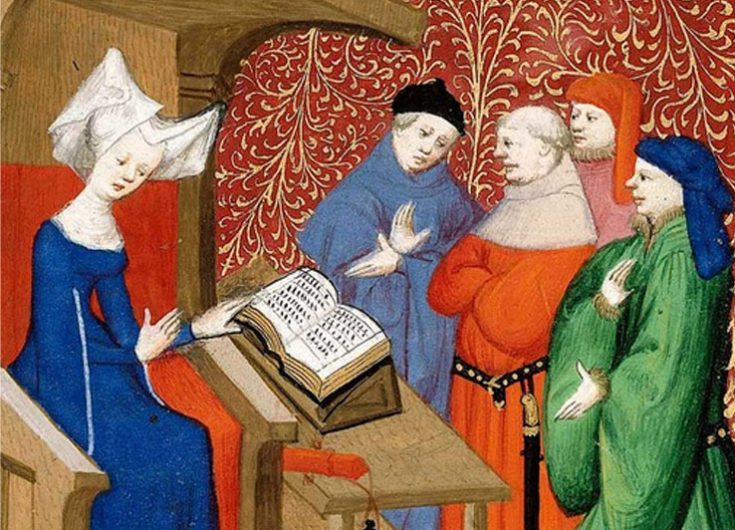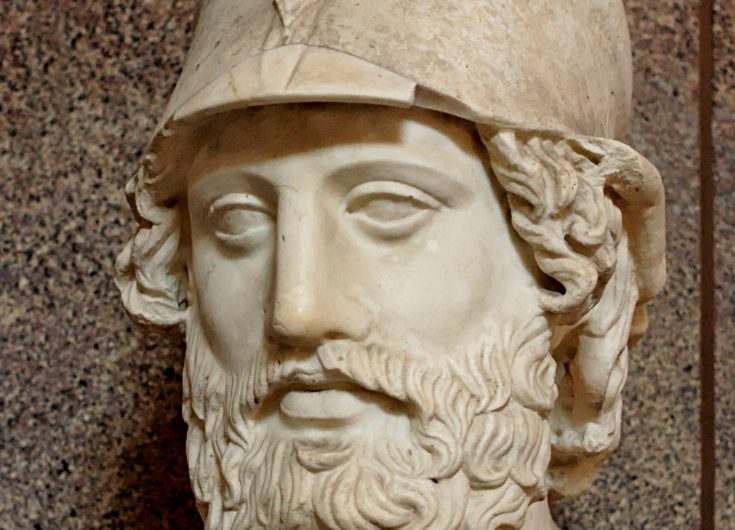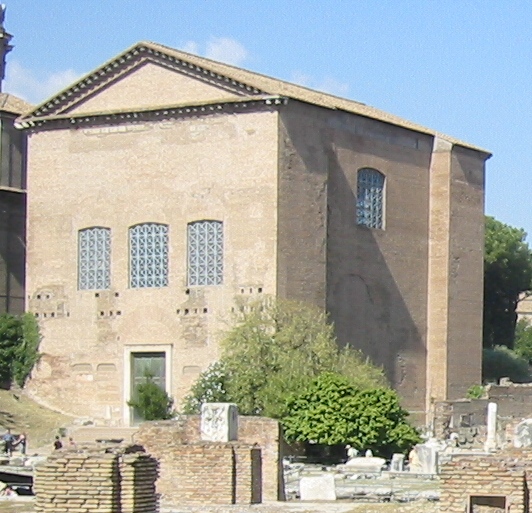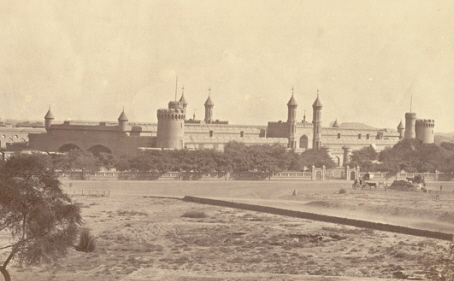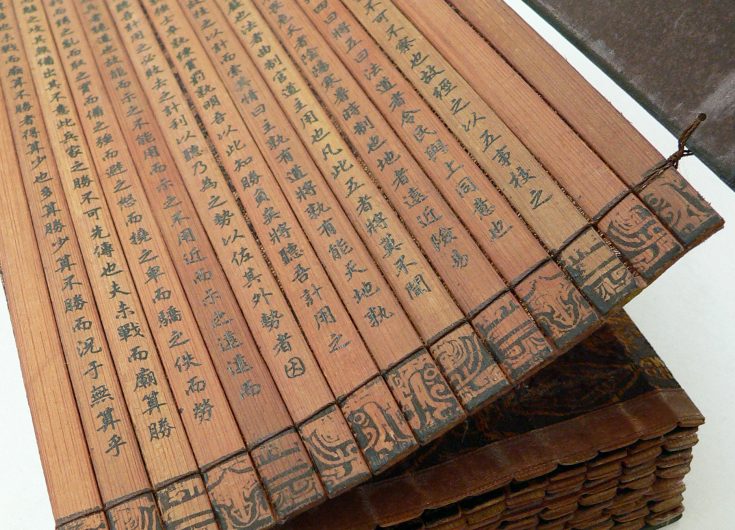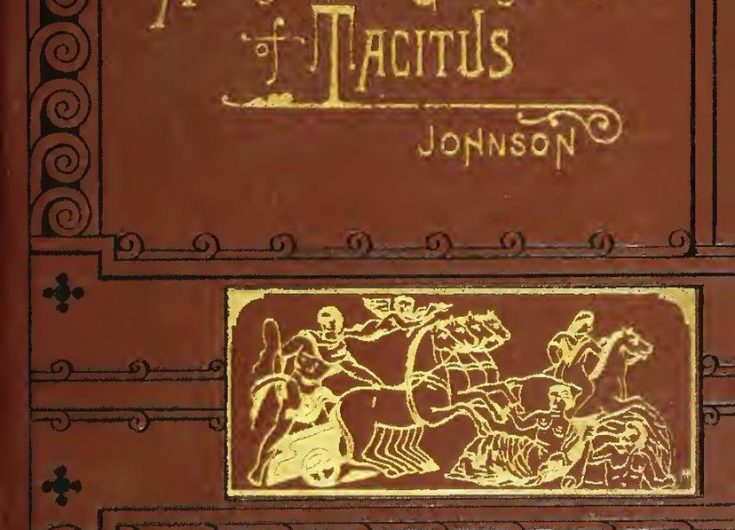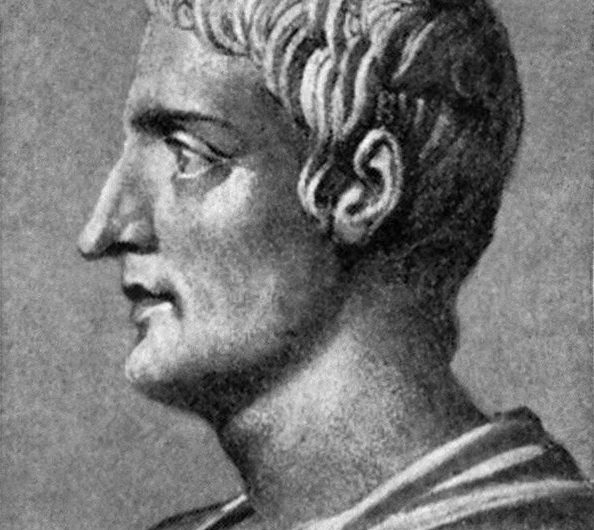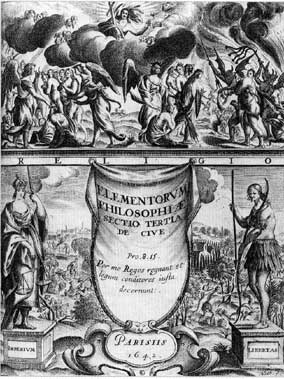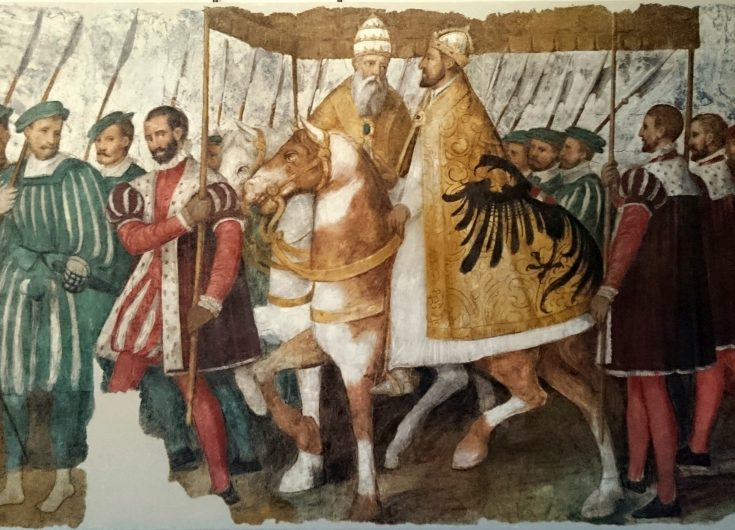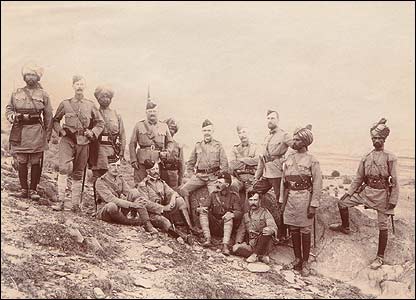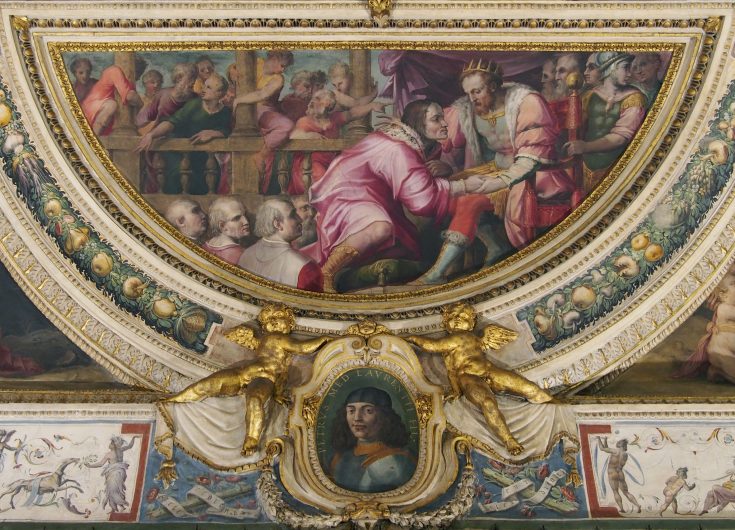

Niccolo Machiavelli, The Prince (1532)
Few, if any, works of political philosophy have been more important for grand strategy and diplomacy than The Prince. Written by the Florentine philosopher and statesman, Niccolò Machiavelli (1469-1527), The Prince, along with Machiavelli’s other major work, Discourses on Livy, brought about a transformation in political theory and political practice.


